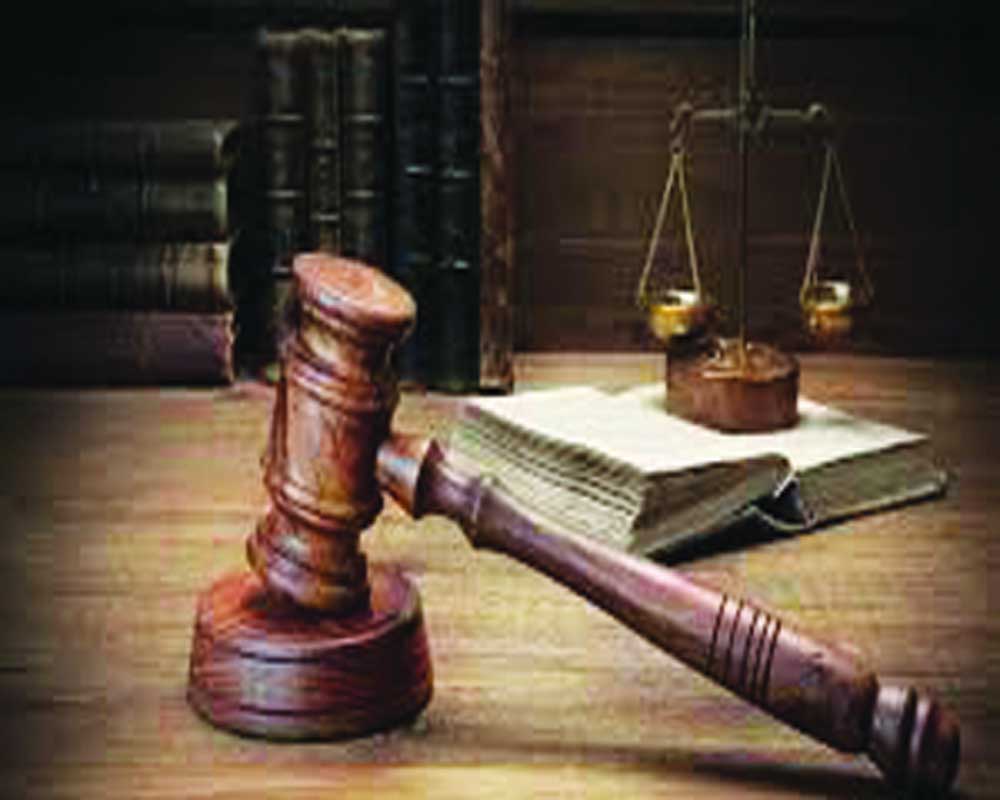Justice delayed is justice denied, goes the popular saying. But the question is why is justice delayed? As the Chief Justice of India expresses concern that over the 1,000 cases that are pending for 50 years in courts across the country and over two lakh for 25 years, it certainly needs to be figured why. Statistics are rather mindboggling. There are over 90 lakh civil cases and 2.1 crore criminal cases that are waiting justice in India. Details, if sought may prove to be revealing, because as per the Chief Justice, the total pendency in criminal cases at the summoning stage is more than one crore. The responsibility for summoning lies solely with the executive. That there is “a growing trend of belligerent and reckless behaviour on the part of some individuals and groups” in the society, is the unfortunate side of this story. There is a need to think seriously about what is to be done. The public faith and confidence in the institution is still intact, as evident from the promptness with which people seek legal recourse when they are dissatisfied with the executive action. What is worrying is that executive intransigence and callousness coupled with delay in judicial redressal may someday leave people in a state of hopelessness. That certainly would be a severe blow to a democratic state. It is the balance of power between the executive, legislature and judiciary and an independent fourth state that keeps a democracy ticking. And with judiciary being the final arbiter, the populace has a belief that in the end truth does prevail. Lately, there have been disturbing portends as attempts to discredit institutions on which public faith rests are on the rise. How do we face this challenge? Some of the suggestions made by the Chief Justice himself would certainly help. But there is a need to do more. There are certain weaknesses in the legal system that must be addressed. It must be realised that the executive ego is a major reason for creating litigious people. If the executive decisions are reason driven rather than ego driven, things would be much smoother. To curb such tendencies on the part of the executive, the law of Torts needs to be strengthened. It is ironical that the executive fights the public with public fund, whereas the public is forced to pay from their hard earned money. If the executive is made to understand that in case their actions do not stand the scrutiny of law, they may be made liable for the costs that have been incurred on the part of the system and the victim, who is litigant. When the point of law gets adjudicated, there is hardly any need to drag the matter further. Maximum number of pendency in the civil matters are due to this tendency to drag and delay matters. From one court to another, from single bench to double bench to a larger bench and so on. Yes, it is a legal right to seek such redressals. Only, if the executive is found deliberately delaying the matter, the order as to costs in case of the litigant getting matter adjudicated in his or her favour must be given and liability must be fixed. Feeding personal ego at public cost is just not fair.
Pathak is a professor of management, writer, and an acclaimed public speaker. He can be reached at ppathak.ism@gmail.com

























